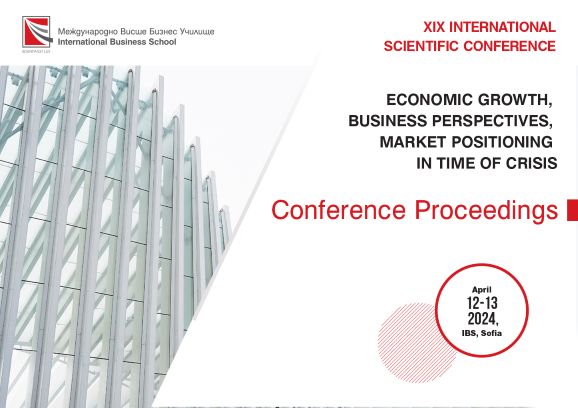Neoclassical concepts of growth from the middle of the 20th and early 21st centuries
Neoclassical concepts of growth from the middle of the 20th and early 21st centuries
Author(s): Tsvetan Iliev
Subject(s): Economy, Business Economy / Management, Socio-Economic Research
Published by: Международно висше бизнес училище
Keywords: economic growth; economic development; cyclical fluctuations
Summary/Abstract: In economic studies, it is accepted as an imperative that achieving growth of the national economy is a prerequisite for a higher standard of living of the population and for development. However, this understanding is the subject of deep debate in scientific circles. One part of the researchers is of the position that growth implies development of the economic system. Other authors share the opinion that economic growth is only one of the components of development, but not sufficient to fully guarantee it. Without claiming a definitive position and comprehensiveness, with the present work we aim to present some of the essential concepts for achieving economic growth, formed in the field of the neoclassical mainstream after the second half of the 20th and the beginning of the 21st century. More specifically, the task is to identify the prerequisites for achieving economic growth, which create opportunities for development and a higher standard of living of the population. On this basis, the guidelines for developing an effective and successful macroeconomic policy are outlined.
Book: Икономически растеж, бизнес перспективи, пазарно позициониране в условията на криза
- Page Range: 96-105
- Page Count: 10
- Publication Year: 2024
- Language: English
- Content File-PDF

